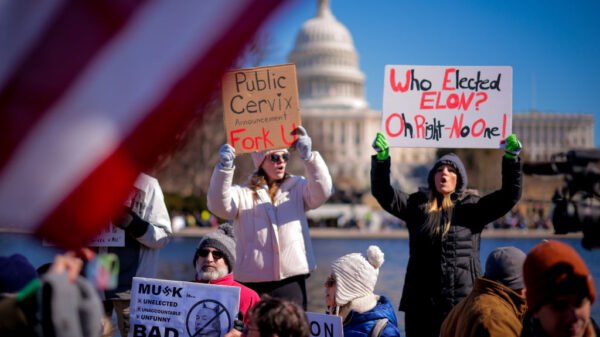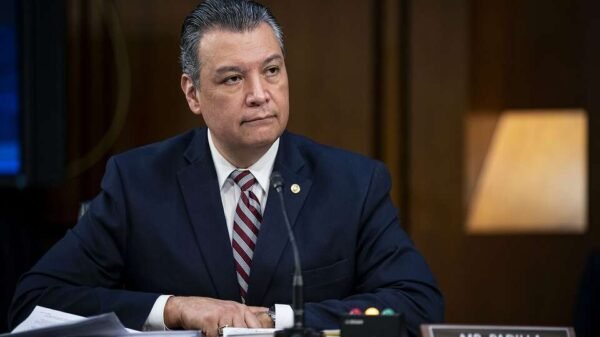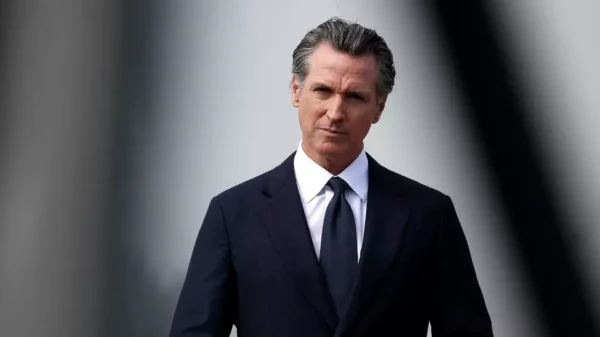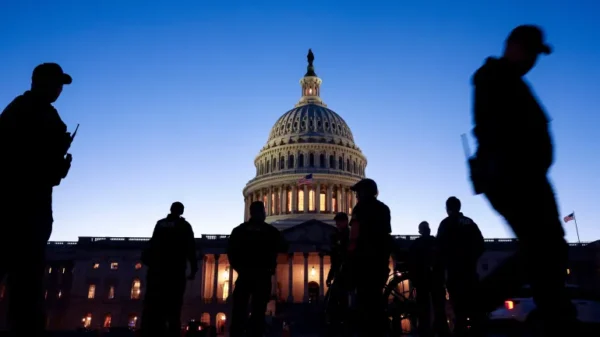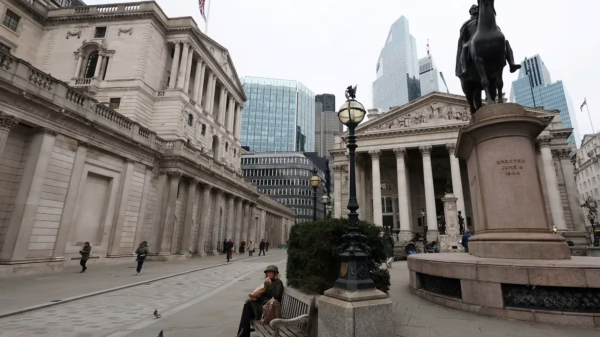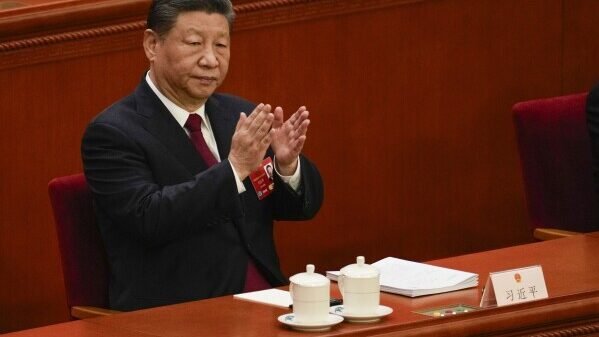Economic Blackout Protests Gain Momentum
The “Economic Blackout” protests have gained significant attention as they continue to grow in scale, drawing participation from various advocacy groups and individuals around the world. These protests, which involve 24-hour consumer spending boycotts, aim to highlight issues such as wealth and income inequality, exploitative corporate practices, and problematic policy changes. While the movement has sparked public conversations about the distribution of wealth and the role of large corporations in shaping economic policy, the direct impact on the economy remains unclear. Analysts are divided on the effectiveness of the protests, with some seeing them as a powerful symbol of resistance and others questioning their long-term economic consequences.
The Purpose Behind the Economic Blackout
The core objective of the Economic Blackout is to challenge the current economic system, which many protestors argue disproportionately benefits the wealthy and large corporations at the expense of the average worker. Participants abstain from consumer spending for 24 hours to send a message about the power of collective action and the need for a more equitable distribution of wealth. The boycotts are also aimed at drawing attention to corporate practices that contribute to income inequality, such as low wages, poor working conditions, and the lack of fair opportunities for all workers. By organizing these boycotts, activists hope to disrupt the normal flow of consumer-driven economies and demand reforms in how wealth and resources are allocated.
Wealth and Income Inequality as Central Issues
At the heart of the Economic Blackout protests is the growing concern about wealth and income inequality, which has been exacerbated by years of stagnant wages and rising costs of living. Protestors argue that the economic system is rigged to benefit the wealthiest individuals and corporations while leaving the majority of people struggling to make ends meet. The growing gap between the rich and the poor has become one of the most pressing issues in many countries, with activists calling for a fundamental change in how wealth is distributed. The Economic Blackout protests serve as a visual representation of the frustration felt by those who feel left behind by the current economic system and want to see tangible changes to address inequality.
Corporate Practices and Policy Changes Under Scrutiny
Another key aspect of the Economic Blackout protests is the focus on corporate practices that contribute to economic inequality. Protestors have targeted large corporations for their role in driving down wages, evading taxes, and exploiting workers, particularly in industries like retail, fast food, and gig economy jobs. Corporate greed, excessive executive compensation, and the exploitation of labor have been central issues for many activists. Additionally, policy changes that favor corporations over individuals, such as tax breaks for the wealthy and deregulation of industries, are also being scrutinized. The protests seek to highlight the power imbalance between corporations and workers, urging governments to adopt policies that promote fairness and social justice.
Mixed Reactions and Debate Over Economic Impact
While the Economic Blackout protests have attracted notable participation, the measurable economic impact of these boycotts remains inconclusive. Some analysts argue that the 24-hour boycotts have little effect on the overall economy, as consumer spending is typically spread across multiple industries, and a short-term reduction in spending is unlikely to cause significant disruption. Others, however, believe that the protests have the potential to shift public opinion and create lasting change by raising awareness about wealth inequality and corporate practices. The debate over the protests’ impact reflects broader questions about the effectiveness of grassroots movements in influencing policy and whether symbolic acts like boycotts can drive meaningful economic reforms.
Growing Participation and Support for the Movement
Despite mixed assessments of its economic impact, the Economic Blackout has gained significant support, with more individuals and organizations taking part in the boycotts. Participation in the protests has grown steadily, as more people become aware of the systemic issues of inequality and corporate exploitation. Social media platforms have played a crucial role in spreading the message of the Economic Blackout, allowing activists to mobilize large numbers of people quickly and efficiently. The movement has found support from a wide range of groups, including labor unions, environmental organizations, and social justice advocates. The growing momentum behind the protests suggests that there is a deepening public dissatisfaction with the current economic system and a desire for change.
Looking Ahead: The Future of the Economic Blackout Movement
As the Economic Blackout protests continue to gain traction, the future of the movement remains uncertain. While the immediate economic impact of the boycotts may be limited, the movement’s success may ultimately depend on its ability to maintain momentum and push for tangible policy changes. The protests could evolve into more sustained forms of action, such as longer boycotts, mass strikes, or political campaigns aimed at influencing elections and legislative decisions. For the Economic Blackout to lead to meaningful change, it will need to create widespread public pressure on governments and corporations to address the root causes of wealth inequality and implement policies that prioritize the well-being of workers and communities. The continued success of the movement will depend on how effectively it can expand its reach and turn public frustration into concrete political action.
Conclusion: A Powerful Symbol of Economic Resistance
In conclusion, the Economic Blackout protests have emerged as a powerful symbol of resistance against wealth inequality, corporate exploitation, and unfair economic policies. While the measurable economic impact of the boycotts remains uncertain, the movement has successfully raised awareness about the need for a more equitable economic system. The protests have sparked important conversations about the role of corporations in shaping public policy and the need for stronger protections for workers. As the movement gains momentum, it could play a critical role in pushing for policy changes that address economic injustice and create a more fair and sustainable economic system for all.

